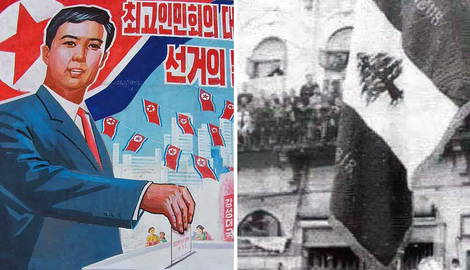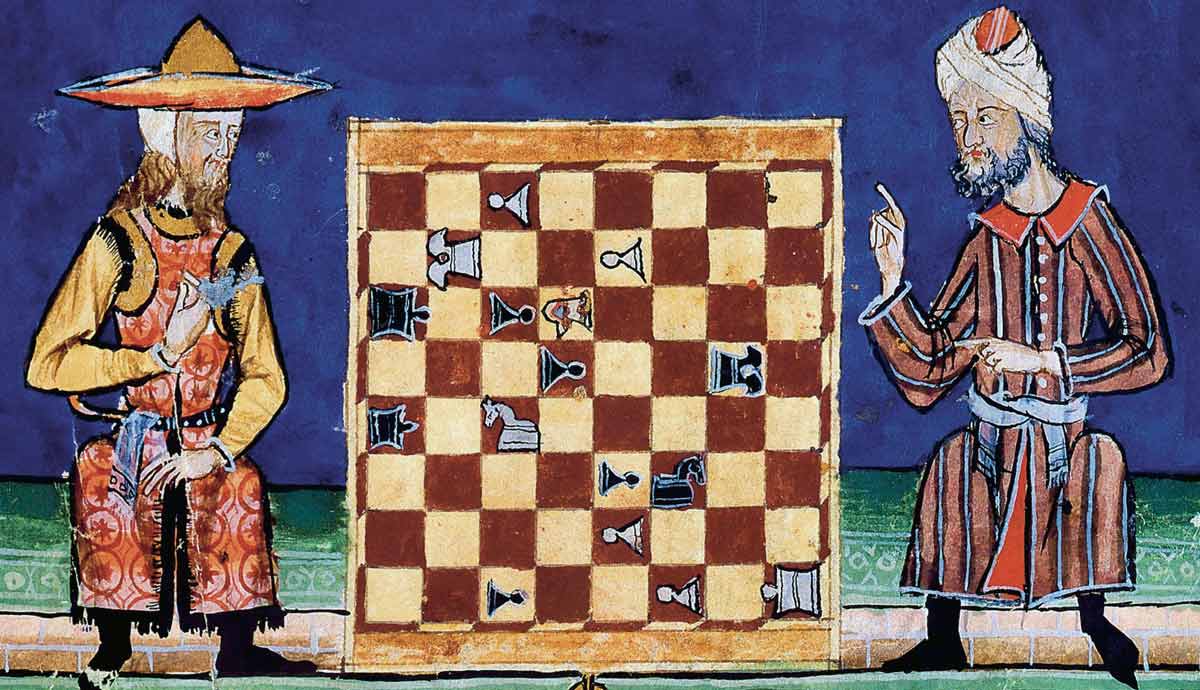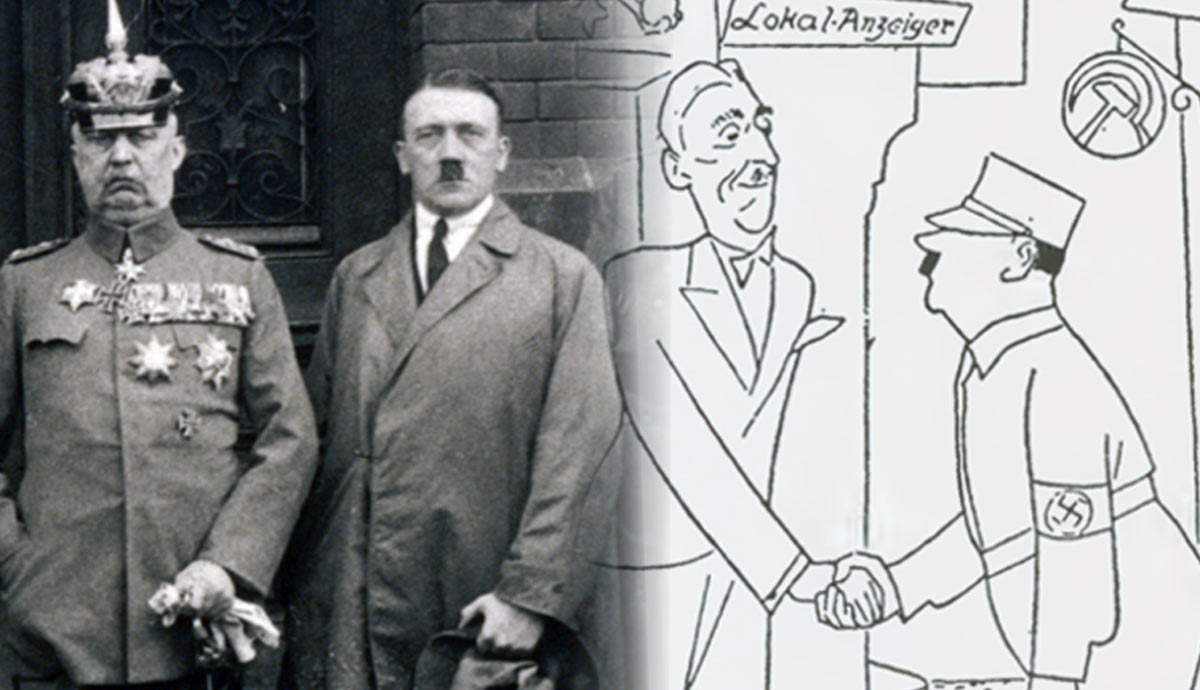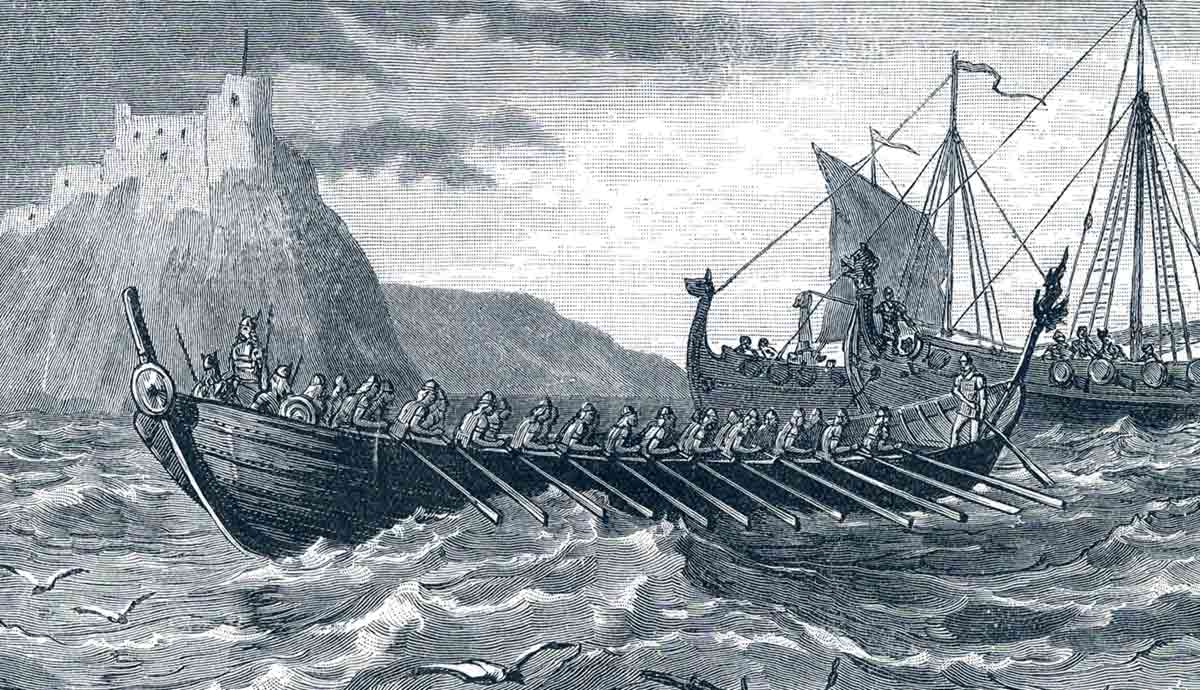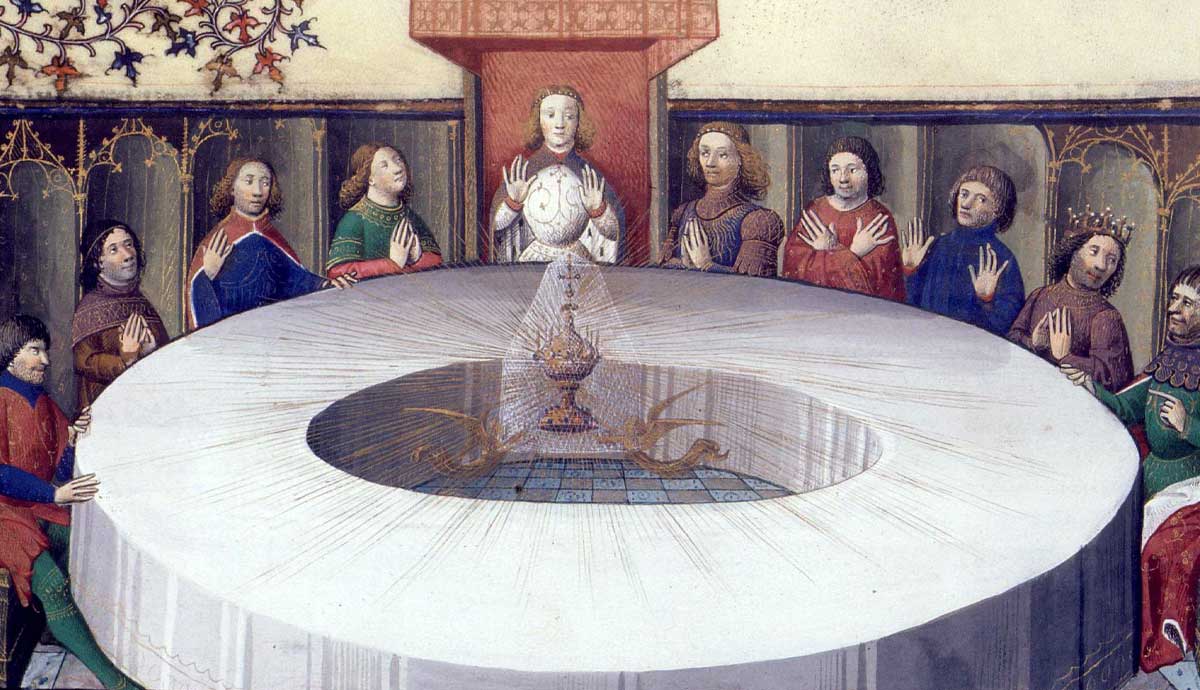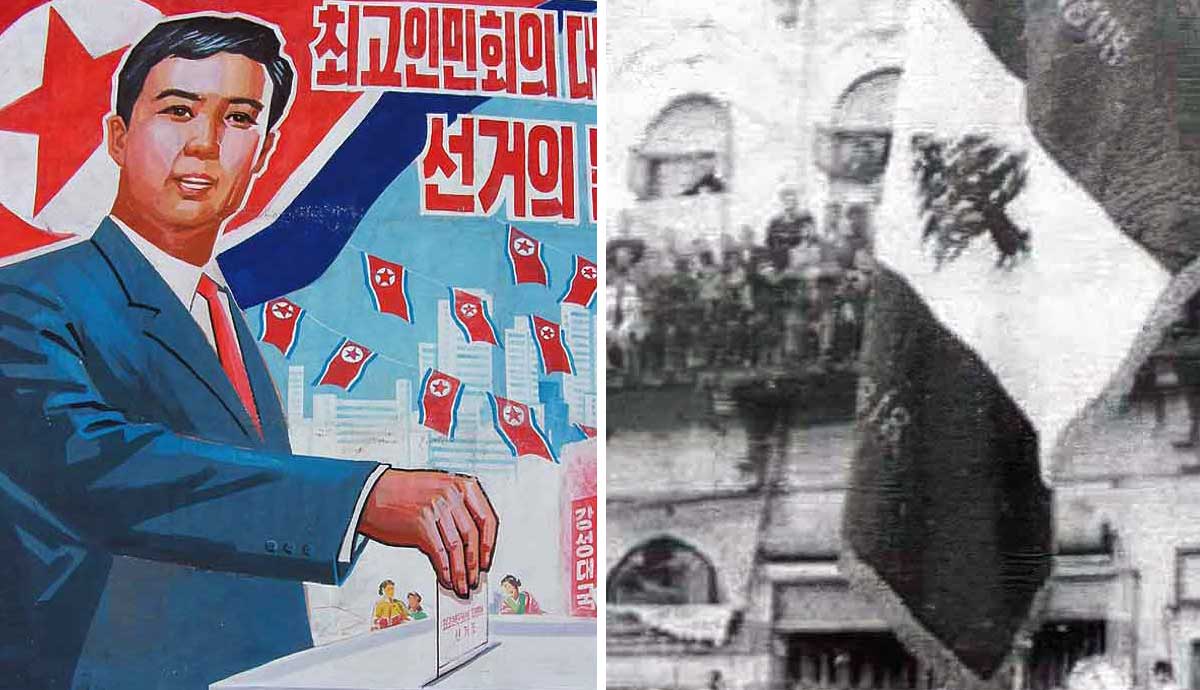
The history of elections spans thousands of years, from early rudimentary forms of communal decision-making to the complex, formalized processes of contemporary representative democracies. Across much of the world today, election systems serve as a cornerstone of political legitimacy and fundamental means through which societies select their leaders. Yet the structure and practice of different election systems vary widely, reflecting the diverse cultural and political landscapes in which they are found. Some, it would appear, are stranger than others.
Confessionalism in Lebanon

Since the creation of Lebanon under the French Mandate in 1920 and the Republic of Lebanon after 1943, the country has been governed by a confessional election system designed to divide power between Maronite Christians and Muslims.
The system was shaped under the orientalist gaze of French colonial rule in the 1920s and 1930s, with the intent of bolstering French interests by promoting their Maronite Christian allies over the region’s Muslim majority.
Although every Lebanese citizen can vote, parliamentary seats and government positions are constitutionally allocated by religious affiliation. The principle behind this power-sharing system is to maintain balance and foster cooperation and stability. The Prime Minister must be a Sunni Muslim the president a Maronite, and the Speaker of Parliament a Shia Muslim.
However, in practice, the confessional system has been widely criticized for fueling political instability, parliamentary deadlock, corruption, and deepening of sectarian divisions, rather than alleviating them.
The French Two-Round System

The title of President of the French Republic was first held by Louis-Napoleon Bonaparte in 1848, during the early years of the Second Republic, before he declared himself Emperor by coup d’état.
Since 1965, France has used a two-round system to elect a president by universal suffrage. Elections are held approximately every five years on a Sunday. The president of the Republic, as head of state, commander-in-chief of the armed forces, and ex-officio co-prince of Andorra, is the most powerful politician in France.
In the first round of voting, multiple candidates from various parties run for the presidency. If any one candidate wins more than 50% of the votes, they are elected outright, and no second round is needed.
However, if no candidate reaches an absolute majority, the top two candidates move into a second round run off held two weeks later. The candidate that receives the most votes in the second round wins, and is elected president.
North Korea’s Single-Candidate Ballot

North Korea has been ruled by a single family since 1948. The nation’s founder, Kim Il-Sung, skillfully leveraged Soviet and Chinese support during the Cold War, playing off both powers to strengthen his regime. Today, the Kim family has turned into a hereditary dynasty that tightly controls the secretive, nuclear-armed state with absolute authority.
In the Democratic People’s Republic of Korea, there is no freedom of the press or freedom of association. However, there are “elections” for the national legislature, the Supreme People’s Assembly, every four to five years. Candidates are preselected by the ruling Worker’s Party of Korea (WPK), with no alternatives allowed to stand.
The two options for the one-man ballot system are either to submit the ballot with the party-approved candidate’s name or cross out the name in front of election officials with the red pen next to the ballot box. Spoiling the ballot is considered an act of treason, and those who do so face severe consequences.
San Marino: The Captains Regent

San Marino, a tiny landlocked republic, surrounded by north-central Italy, is the fifth smallest country in the world. The Italian-speaking Sammarinese number some 33,000, and hold the dubious distinction of having the lowest-ranking national team in world football. San Marino celebrated their first competitive victory in their 20-year history in 2024.
The country’s parliament, The Grand and General Council, consists of 60 members who serve five-year terms. The most distinctive feature is the dual heads of government, the Captain’s Regent, two ceremonial heads of state, who are elected every 6 months on April and October 1st.
The office of the Captains Regent was established in 1243, modeled after the Consul system of the Roman Republic. By the late 13th century, the title “Captain” had replaced “Consul.” To be eligible for the position, candidates must be over 25 years old, native-born, an elected member of parliament, and cannot have held the position in the last three years.
The US Electoral College

Contrary to popular belief, the President of the United States is not elected directly by the national popular vote. Instead, when the public casts their ballot in a presidential election, they are actually voting for a group of “electors” chosen by the political party they support.
The Electoral College is not a physical place but a process. After the general election, electors from each state cast their official votes for the president. Each state is assigned a certain number of electors based on its representation in Congress (number of Senators + Representatives). To win the presidency a candidate must secure a majority of 270 out of 538 electoral votes.
The strangest aspect of the system is that a candidate can lose the popular vote but still win the presidency through the Electoral College. In recent history, both George W. Bush (2000) and Donald Trump (2016), won the presidency under such circumstances, highlighting how the Electoral College can produce outcomes that diverge from the national popular vote.
